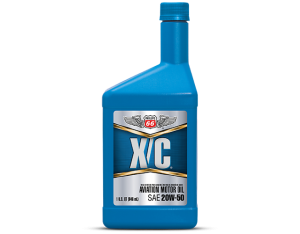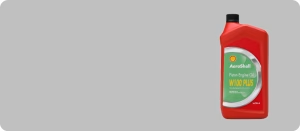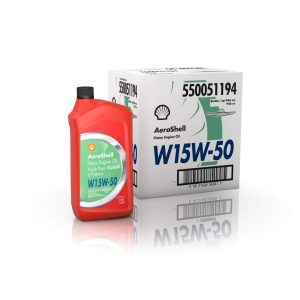
If you’re learning to fly or just earned your PPL, one of the most overlooked parts of aircraft ownership—or even renting—is understanding engine oil. The right aviation oil keeps your engine cool, clean, and running reliably. But with so many options out there, how do you know what’s best?
✈️ Quick Pick: Our top overall choice is AeroShell W100 Plus Aviation Oil, widely used in flight schools and GA aircraft for its anti-wear additives and corrosion protection.
In this guide, you’ll discover why engine oil matters, what features to look for, and the top 3 aviation oils available on Amazon right now—all trusted by flight schools and student pilots across the U.S.
Table of Contents
Why Aircraft Engine Oil Matters
Aircraft engines operate under very different conditions compared to car engines—high RPMs, constant loads, and wide temperature swings. That’s why aviation oil isn’t optional; it’s critical to engine health and safe flight.
Good aviation oil:
-
Lubricates moving parts under load
-
Cools internal components
-
Prevents corrosion during storage
-
Suspends combustion byproducts
-
Protects against lead fouling (especially in 100LL-fueled engines)
How to Choose the Right Oil for Student Pilot Aircraft
Here’s what to consider before buying aviation oil:
🔧 1. Engine Type
Most training aircraft (like the Cessna 152, 172, and Piper Warrior) use Lycoming or Continental engines. These typically require SAE 50 (W100) or multi-grade oils like 15W-50.
🌡️ 2. Climate/Season
-
Hot climates: Use straight-weight oils (W100 or W120)
-
Cold or variable climates: Use multi-grade oils (15W-50) for easier starts
🛡️ 3. Additive Packages
Some aviation oils include anti-wear, dispersant, and corrosion protection additives, ideal for aircraft that sit for days or weeks between flights (like student-rented aircraft).
Top 3 Aviation Oils on Amazon
✅ 1. AeroShell W100 Plus Aviation Oil – Best Overall for Training Aircraft

Why It’s Great:
This straight-weight SAE 50 oil includes Lycoming-approved anti-wear additives and rust inhibitors—perfect for older engines and planes that fly regularly.
Key Features:
-
Dispersant to prevent sludge buildup
-
Anti-wear additive (Lycoming LW-16702) pre-mixed
-
Trusted by flight schools
-
Great for warm-weather flying
⭐️ Best For: Cessna 172, Piper Cherokee, and most Lycoming-powered trainers
Price on Amazon: Check current price →
✅ 2. Phillips 66 X/C 20W-50 Aviation Oil – Best Multi-Grade for Variable Climates

Why It’s Great:
Ideal for colder starts or mixed weather regions, this oil combines excellent cold-weather performance with corrosion protection.
Key Features:
-
Multi-viscosity 20W-50 for year-round use
-
High film strength for wear protection
-
Good for planes that sit for long periods
-
Used by many private owners and mechanics
⭐️ Best For: Cold-weather student pilots or those in northern climates
Price on Amazon: Check current price →
✅ 3. AeroShell Oil 15W-50 – Best All-Season Premium Pick

Why It’s Great:
Combines a synthetic blend base with anti-rust and anti-wear additives, making it the top choice for student pilots flying year-round or in humid areas.
Key Features:
-
Premium semi-synthetic base oil
-
Excellent protection during cold starts
-
Corrosion inhibitors included
-
Approved for Lycoming and Continental engines
⭐️ Best For: Year-round use, including humid or coastal environments
Price on Amazon: Check current price →
When to Change Oil in a Training Aircraft
While oil change intervals depend on usage and environment, a general guideline is:
-
Every 25–50 hours for mineral oils
-
Every 50 hours or 4 months for semi-synthetic/multigrade oils
-
Every 4 months minimum if the aircraft isn’t flown regularly
✈️ Always refer to your POH or mechanic for engine-specific intervals.
Can You Use Automotive Oil in Planes?
Absolutely not.
Automotive oils are not designed to handle leaded fuel, high engine temperatures, or the unique demands of aviation engines. Using them can void warranties and cause engine damage.
Final Thoughts
Choosing the right oil for your student pilot aircraft isn’t just about price—it’s about engine longevity, safety, and consistent performance during training flights. Whether you own a light aircraft or fly regularly at a school, stocking up on one of these top 3 aviation oils will keep you flying safely and smoothly.
